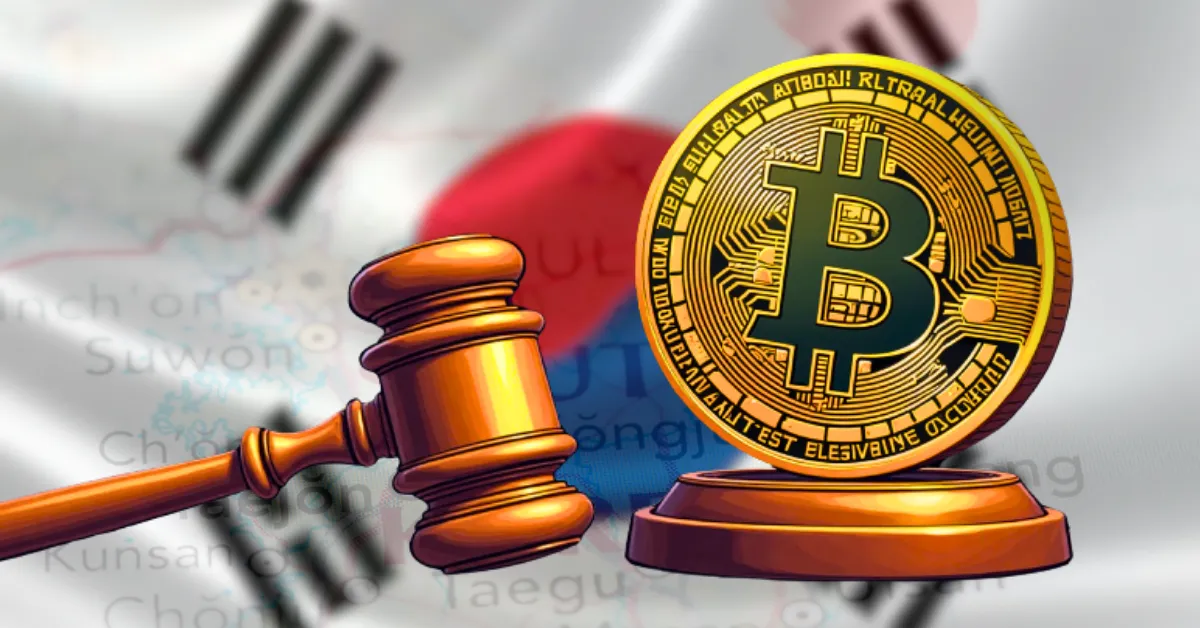South Korea’s Crypto Revolution: Stablecoins, ETFs, and a New Digital Dawn
Introduction
South Korea is rapidly emerging as a global leader in the digital asset space, driven by a proactive government and a tech-savvy population. Under the leadership of President Lee Jae-myung, the nation is undergoing a transformative shift in its approach to cryptocurrencies. This shift is marked by ambitious legislative efforts, innovative financial instruments, and a commitment to fostering a safe and dynamic crypto ecosystem. This report explores the key developments shaping South Korea’s crypto landscape, focusing on proposed regulations, the potential impact of stablecoins, and the broader implications for the global digital economy.
A Legislative Leap Forward: The Digital Asset Basic Act
At the heart of South Korea’s crypto revolution lies the Digital Asset Basic Act, a comprehensive piece of legislation designed to regulate the burgeoning digital asset market. Spearheaded by the ruling Democratic Party, this act aims to provide clarity and structure to the industry, addressing critical issues such as stablecoin issuance, investor protection, and taxation. The Act clearly stipulates that as long as a cryptocurrency is properly registered and meets certain standards, it can be legally used within South Korea. This legal clarity is a major step forward for the industry, providing a stable foundation for growth and innovation.
Key Areas Addressed by the Digital Asset Basic Act
Stablecoins: A Won-derful Opportunity?
The push for won-backed stablecoins is a central theme in South Korea’s crypto strategy. The government believes that stablecoins can streamline payments, simplify daily money transfers, and foster greater adoption of digital assets. Several entities are already exploring the possibilities of won-based stablecoins. Korea Investment and Securities is actively developing its own stablecoin. The potential for these stablecoins to integrate with existing financial infrastructure and offer a seamless user experience is significant.
Key Questions and Challenges
Breaking Down Barriers: Crypto ETFs and Banking Restrictions
South Korea’s crypto reforms also target long-standing barriers to entry for both investors and businesses. The “one-exchange-one-bank” rule, which forced crypto exchanges to partner with only one local bank for real-name accounts, is set to be dismantled. This change will increase competition and provide exchanges with greater flexibility in their banking relationships.
Potential Approval of Spot Crypto ETFs
The potential approval of spot crypto ETFs is another game-changer. These ETFs would allow a wider range of investors to access the crypto market through traditional investment channels, potentially driving significant capital inflows and increasing the legitimacy of digital assets.
The GENIUS Act: A US Influence?
While South Korea is forging its own path in crypto regulation, it is also paying close attention to developments in other jurisdictions, particularly the United States. The GENIUS Act, a hypothetical US cryptocurrency law allowing corporations to issue their own stablecoins, has garnered significant attention in South Korea. While the provided text mentions that this Act is expected to be signed into law by Trump, no such act exists in the US. South Korean policymakers are likely studying the potential impact of such legislation and considering how it might inform their own regulatory framework.
A Balancing Act: Innovation vs. Regulation
South Korea’s approach to crypto regulation reflects a delicate balancing act between fostering innovation and protecting investors. The government recognizes the potential of digital assets to drive economic growth and enhance financial inclusion, but it is also aware of the risks associated with unregulated markets.
Key Strategies for Balancing Innovation and Regulation
The Road Ahead: Challenges and Opportunities
South Korea’s crypto revolution is still in its early stages, and several challenges remain:
Opportunities for South Korea
Despite these challenges, the opportunities for South Korea are immense. By creating a well-regulated and dynamic crypto ecosystem, the nation can:
Conclusion: A Digital Future
South Korea’s crypto revolution represents a bold step towards a digital future. By embracing innovation while prioritizing investor protection and regulatory clarity, the nation is laying the foundation for a thriving crypto ecosystem that can drive economic growth, enhance financial inclusion, and solidify its position as a global leader in the digital age. The journey may be complex, but South Korea’s commitment to navigating the challenges and seizing the opportunities is clear. The world is watching as this tech powerhouse shapes the future of finance.

